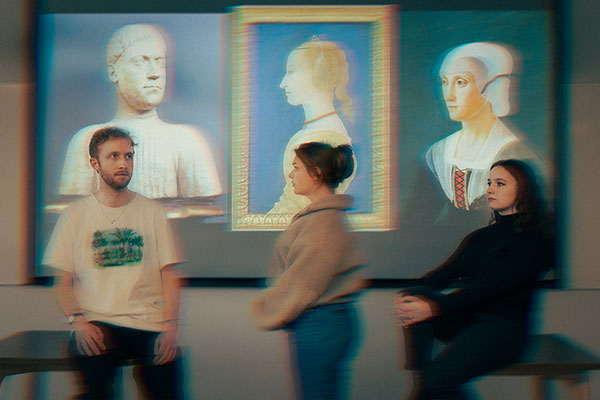Entry requirements
You should have a 2:1 or first-class undergraduate degree, or equivalent. Exceptions can be made for applicants with an unusual career profile, but who have substantial related experience.
English language requirements
If English is not your first language, you must provide evidence of your ability.
Check your English language requirements
Applying
Apply for the MA in History of Art (by research)
Research proposal
The most important aspect of the research degree application is the research proposal of around 1,000-2,000 words.
Find your supervisor
Before you apply, you should contact a potential supervisor for your research. The potential supervisor may require written work or request a meeting with you either prior to or after a formal application. Preliminary support from a potential supervisor is normally a prerequisite for application, although it does not guarantee admission.
Potential research supervisors
Sample of writing
You should submit a 1,500-word sample of academic writing. Where possible, the subject should concern art history, but if your background lies in other areas, we would welcome work in another field such as literature or history.
Interview
You'll be invited to an interview, via Zoom, with your potential supervisor and the Director of Research Programmes, either before or after you submit your application.
You should be prepared to discuss the research proposal in depth, although the specific details will not be regarded as binding. You should be prepared to be flexible in adapting your interests to the sources and expertise available to you.
If you're an international applicant, you may be asked to submit additional pieces of written work as an alternative to attending an interview. You may also be interviewed via Zoom.
If you need guidance, please email histart-admissions@york.ac.uk.
Find out more about supporting documents.







